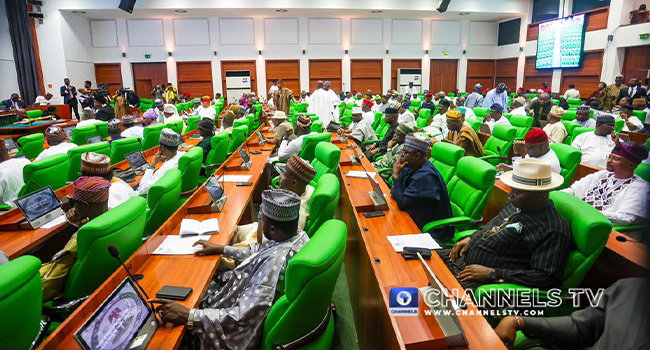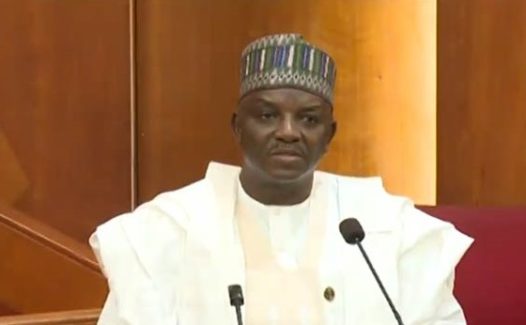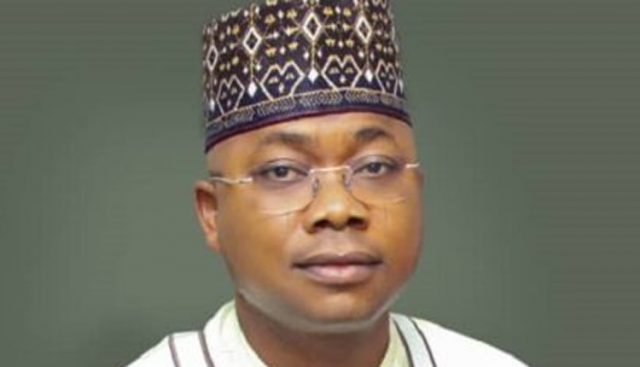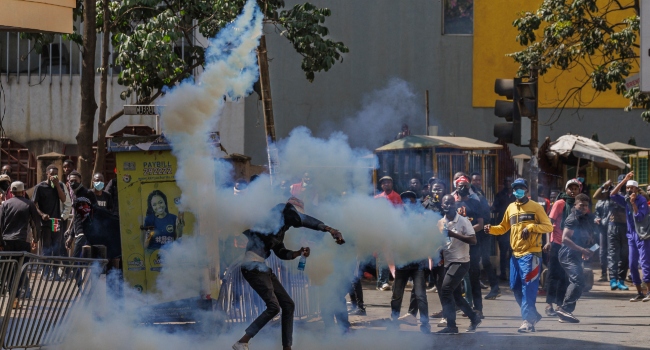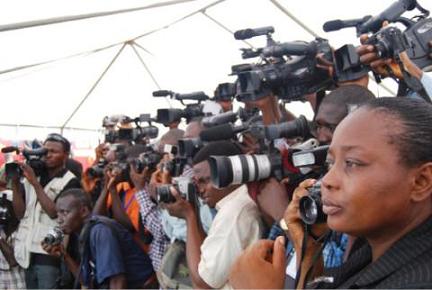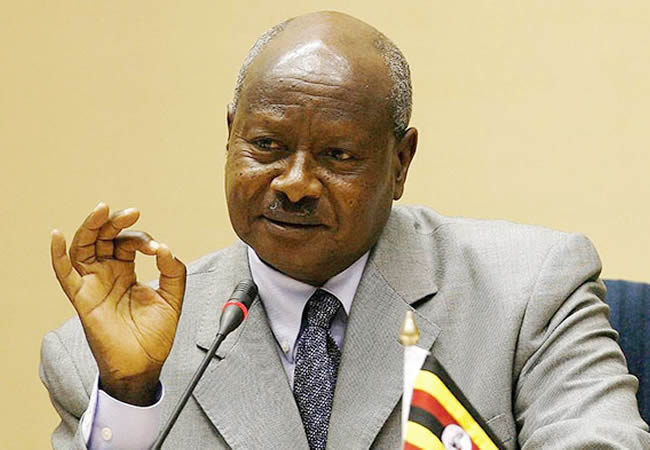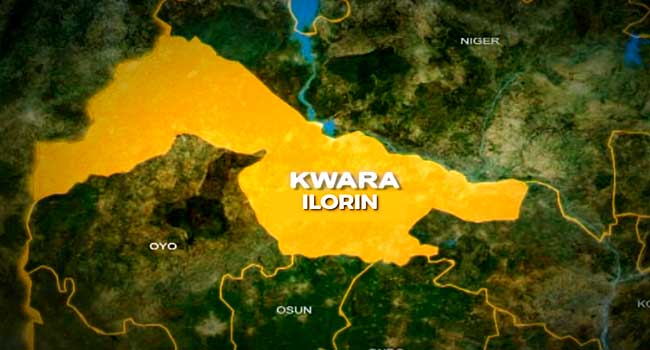Bill to create new state in south-east passes second reading at house of reps
A bill seeking to create a new state in the south-east geopolitical zone has passed second reading at the house of representatives. The proposed legislation, which is co-sponsored by three lawmakers from the region — Amobi Ogah (Abia), Miriam Onuoha (Imo), Kama Nkemkama (Ebonyi), Chinwe Nnabuife (Anambra), and Anayo Onwuegbu (Enugu) — scaled a […]

